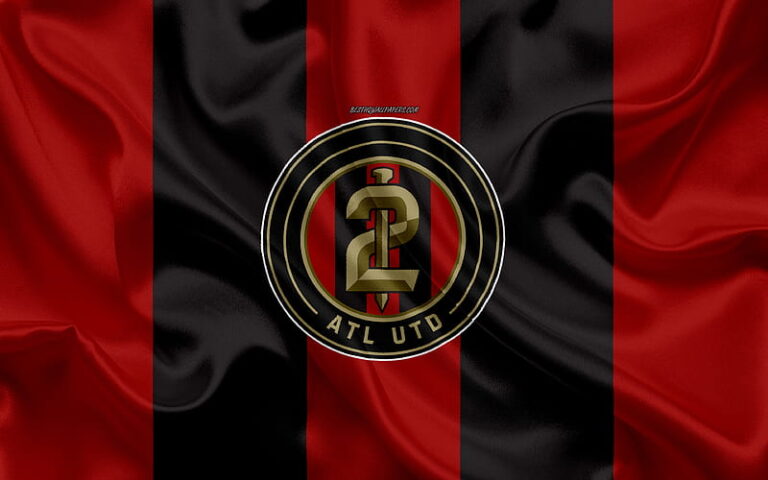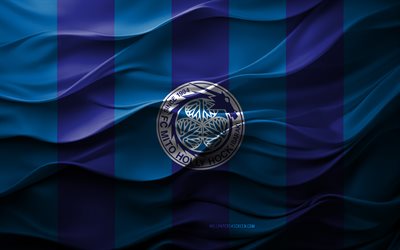
RFC Seraing FC
RFC Seraing FC is a historic football club rooted in Belgium, renowned for its resilience and passionate fanbase. Over the decades, the club has carved out a unique identity through its rich history and unwavering commitment to the sport. Today, RFC Seraing FC continues to strive for excellence, fostering local talent and aiming for higher tiers of Belgian football.
In this comprehensive analysis, we delve into the origins of RFC Seraing FC, explore its major achievements, examine its current status, and highlight recent developments. Whether you’re a die-hard supporter or a casual football enthusiast, this article offers an in-depth journey through the club’s evolution, challenges, and future prospects.
The Early Beginnings and Formation of RFC Seraing FC
Understanding RFC Seraing FC’s roots is essential to appreciating its cultural significance in Belgian football. Founded in the early 20th century, the club’s inception was driven by local football enthusiasts eager to establish a formal team representing Seraing, a steelworking and industrial hub in Wallonia Rikvip.
Origins in Local Communities
RFC Seraing FC was officially established in the late 1920s as a response to the growing popularity of football in the region. In its initial years, the club played friendly matches against neighboring towns, gradually building a reputation for tenacity and skill. The industrial community of Seraing became the heartbeat of the club, fostering a bond between workers and the team that persists to this day.
The club’s foundation was influenced by economic circumstances, as many of its early players were steelworkers. The club served not just as a sports team but also as a social hub that united people amid industrial upheaval. These roots have remained a vital part of its identity, emphasizing resilience, community spirit, and local pride.
Development and Early Competitions
By the 1950s, RFC Seraing FC had entered regional leagues, showcasing steady improvement and competitiveness. The club’s infrastructure grew, with the establishment of home grounds and youth academies. The club became known for its gritty, determined playing style—an approach shaped by the working-class ethos surrounding the team.
The 1960s marked a pivotal period, as the club moved into the national league system, competing in the lower divisions. Importantly, this era witnessed the development of local talent who would later contribute to the club’s rise. The team became a symbol of local perseverance, embodying the spirit of the Seraing community.
Key Milestones and Challenges
Despite facing economic hardships and fluctuating league performances, RFC Seraing FC demonstrated resilience. Notable milestones from this early period include their first promotion to the second division and securing regional titles that boosted local support.
However, financial instability and changes in Belgian football regulations posed challenges. The club experienced relegations and periods of dormancy but always managed to bounce back, thanks to dedicated management and passionate fans. These challenges ultimately shaped the modern identity of RFC Seraing FC as an emblem of perseverance.



